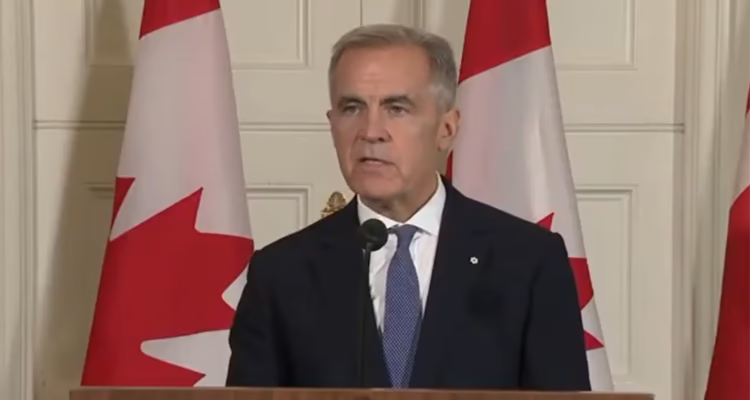Global Tech Workforce Looks to Canada for Stability and Opportunity
RNS: Canada is moving swiftly to turn a dramatic shift in US immigration policy into an advantage, positioning itself as a new magnet for global technology professionals. The push follows President Donald Trump’s decision to impose a $100,000 fee on new H-1B visa applications, a move widely expected to deter skilled foreign workers from heading to the United States.
For years, Silicon Valley thrived on a steady influx of engineers, researchers, and innovators from abroad. With the new financial barrier in place, experts say Canada has a rare chance to attract those very professionals by offering stability, affordability, and a welcoming immigration pathway.
Carney’s Pitch to Innovators
Speaking in New York, Prime Minister Mark Carney emphasized that Canada is ready to become a global hub for talent. He noted the country’s ability to attract and retain highly skilled graduates in areas such as artificial intelligence, quantum computing, clean tech, and advanced engineering.
Breaking: Canada plans to attract US H1B visa holders hit by Trump’s visa fee hike
“Not as many H1B visa holders will get visas in the US. These people are skilled and it is an opportunity for Canada. We will have an offering on this soon,” says Canadian PM Mark Carney pic.twitter.com/cFUZDm12S1
— Shashank Mattoo (@MattooShashank) September 27, 2025
Government officials are preparing new measures to make Canada even more attractive, including fast-track visa programs, startup incentives, and expanded residency opportunities for international graduates and skilled workers.
Industry Voices: Canada as a Global Hub
Tech leaders and entrepreneurs say the timing is critical. Skilled professionals are looking for stability and affordability, qualities Canada can offer in comparison to the US. Startups, especially those unable to absorb the steep H-1B fee, are already exploring relocation and expansion in Canadian cities.
Analysts suggest this shift could redraw the map of global innovation, with Toronto, Vancouver, and Montreal emerging as credible alternatives to Silicon Valley.
Challenges Ahead
Yet, the opportunity is not without hurdles. Rising housing costs, stretched infrastructure, and the need for faster immigration processing could limit how quickly Canada can capitalize on this moment. At the same time, competitors such as the UK, Germany, and Australia are also aggressively pursuing the same pool of global talent.
The Global Stakes
If Canada can move quickly and address domestic constraints, it could convert this policy opening into a long-term competitive edge. For thousands of skilled workers reconsidering their options, Canada may soon appear not as a backup but as the next epicenter of global innovation.





